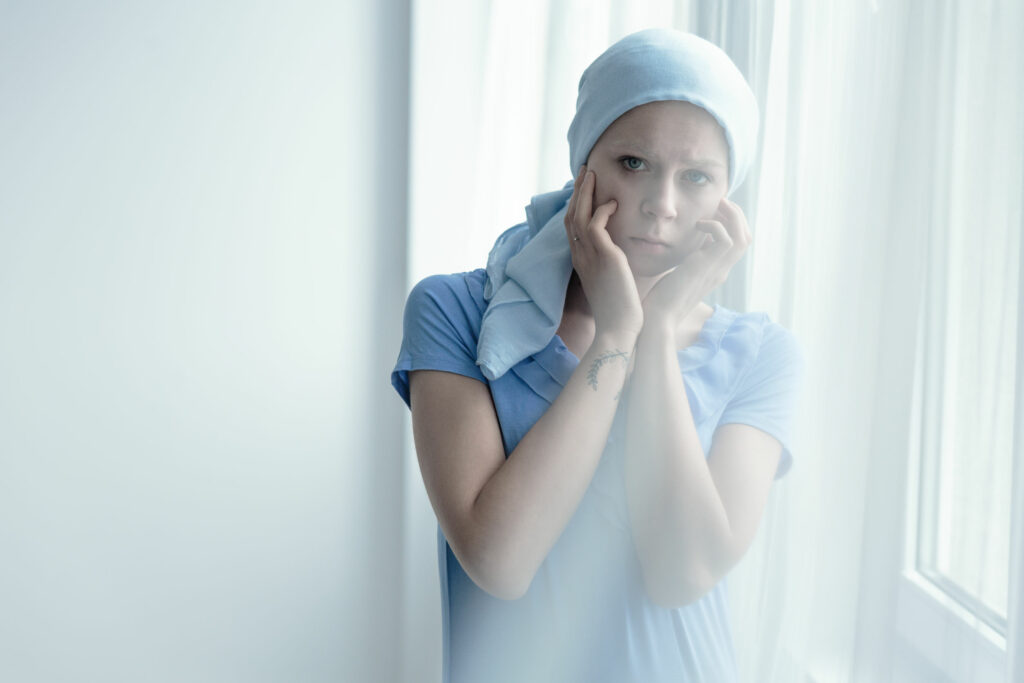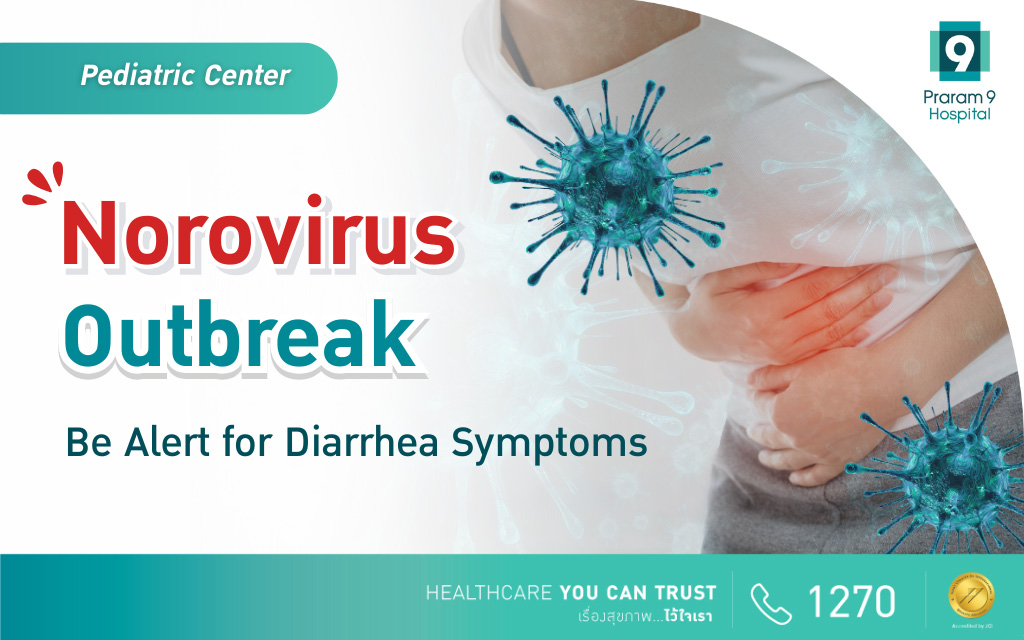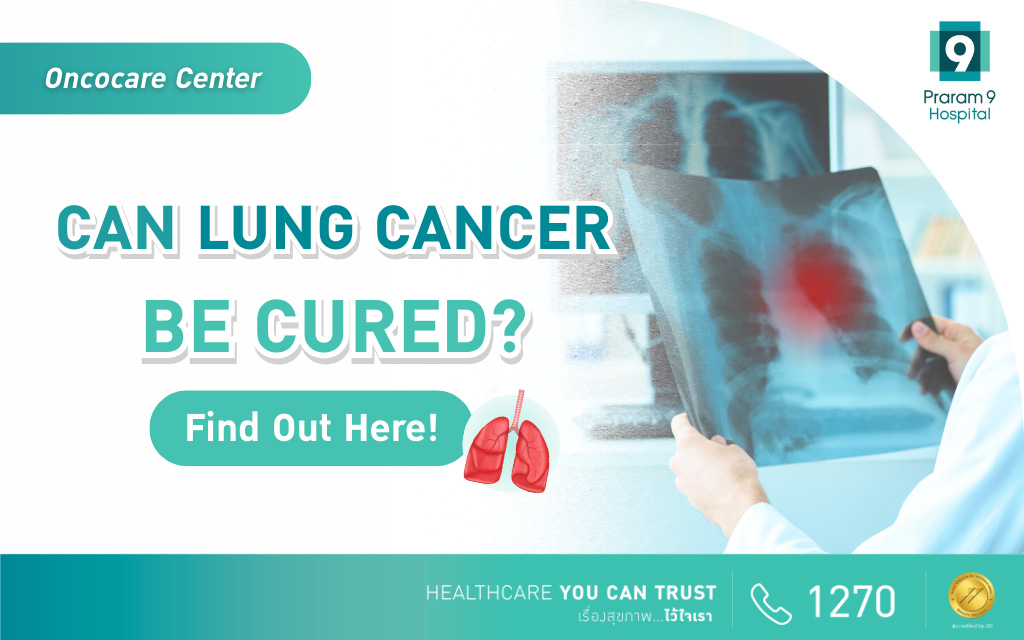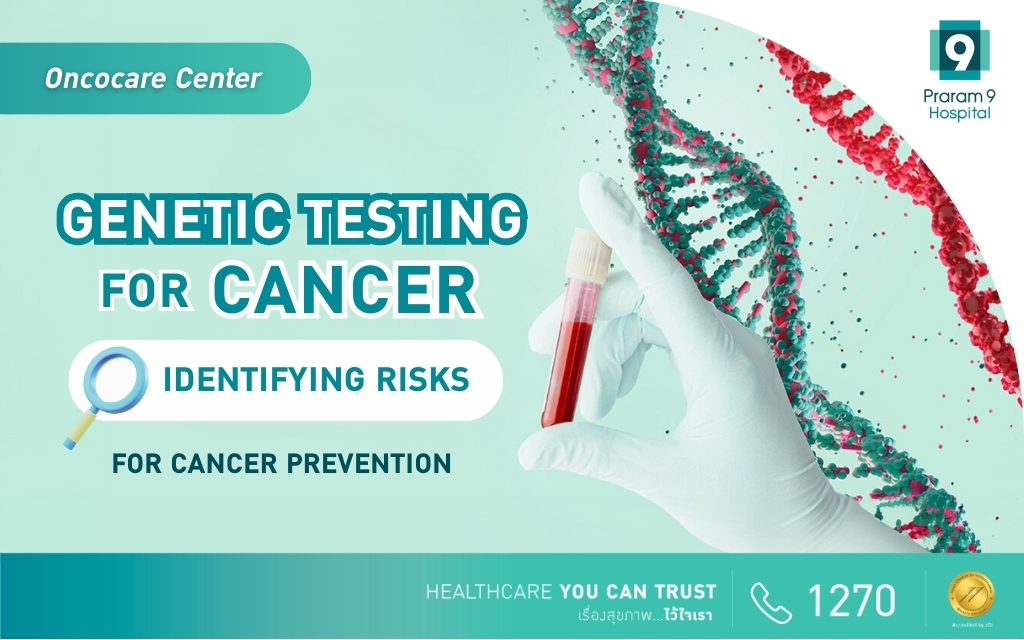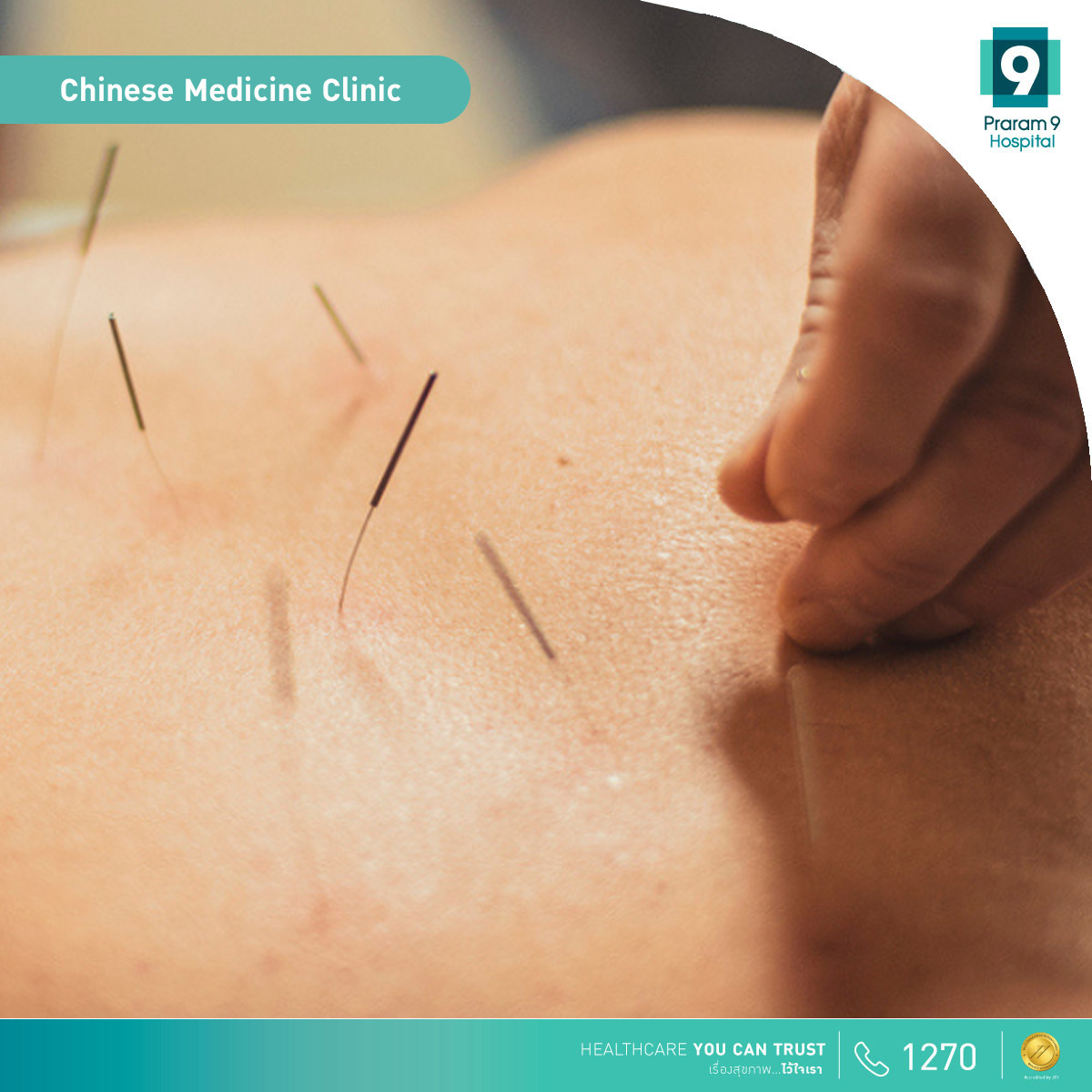Leukemia is a cancer that occurs in the bone marrow, which comes from the abnormal growth of blast cells with unknown cause. The non-stop division of these cells can disturb the production of normal blood cells of the bone marrow. The red blood cells, normal white blood cells, and platelets will reduce, which cause the patient to have anemia, abnormal bleeding, bruising, and greater chance of infections. Moreover, the cancer cells can accumulate in other organs, such as the liver, spleen, and lymph node, which causes the patient to have enlarged lymph node, liver, or spleen. Acute leukemia is considered to be a highly severe cancer, which can be found in all genders and ages, and is common in the elderly. 1 in 10 cancer diagnosis in Thailand is leukemia. Because the abnormal blood cells disturb the production of other types of blood cells, the following symptoms can occur:
- Reduction of red blood cells, which might cause the patient to have symptoms of anemia, such as fatigue, rapid heartbeat, and dizziness.
- Reduction of white blood cells, which causes infection easily.
- Reduction of platelets, which causes abnormal bleeding. Bleeding spots or bruising can be found on the body, including poor blood clotting.
- Moreover, patients might have a loss of appetite, weight loss, lump on the body, or bone pain.
Leukemia – Risk factors and self-care for patients
Currently, the true cause for the incidence of the disease has not been found. However, leukemia can be developed by the following risk factors:
- High radiation exposure, such as nuclear radiation.
- Chemotherapy from the treatment of other types of cancer by using chemical medicines because some types of chemotherapy might increase the risk of having leukemia.
- Chemical exposure in the environment, such as chemicals in the group of benzene and some types of insecticides.
- Genetic disorder, such as down syndrome.
- Age: When getting older, the chance of having leukemia is higher, especially at 60 years old and above.
- Myelodysplastic Syndrome (MDS)
Self-care for patients with leukemia
- Take care of sanitation and the cleanliness, especially in the oral cavity and teeth, to prevent infection.
- Do not stay in crowded or poor ventilated areas to reduce infections in the respiratory tract.
- Have food that is healthy and cooked with heat. Clean the vegetables and peel the fruits to reduce infection in the gastrointestinal tract.
- Drink lots of clean water. Have enough rest. Do not be stressful.
More Information: Cancer Center

